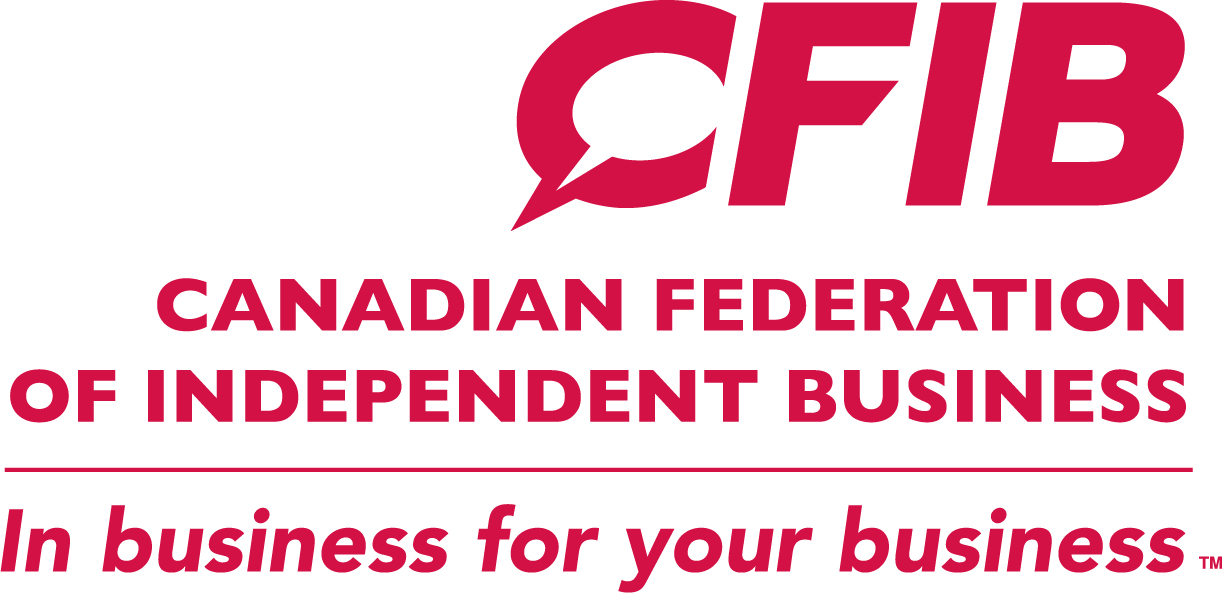TORONTO, Jan. 27, 2025 /CNW/ - In 2024, small businesses spent a whopping 735 hours complying with regulation, finds a new report by the Canadian Federation of Independent Business (CFIB) released today in partnership with Intuit QuickBooks as part of the Red Tape Awareness WeekTM. Over a third of that (256 hours or about 32 business days) is spent on red tape that could be eliminated without compromising public health and safety.
The time spent on red tape specifically has increased by 35% since 2020, from 189 hours in 2020 to 256 in 2024.
"Business owners lose an entire month's worth of productivity to filling out lengthy or redundant forms, navigating mazes of government websites, and deciphering government jargon. That is crucial time that could be better spent on activities like training staff, planning business expansions, serving customers or even spending time with family," said Marvin Cruz, CFIB director of research. "As governments at all levels look for solutions to Canada's productivity problem, eliminating regulatory barriers and giving small business owners their time back needs to be a top priority."
In addition to lost time, regulatory compliance also comes with a big price tag.
In 2024, Canadian businesses faced compliance costs totaling approximately $51.5 billion, a significant increase of 13.5% or $5 billion from CFIB's 2020 estimate ($45.4 billion). Business owners attribute a substantial portion—35%, or $17.9 billion—of these costs to red tape, up from $12.7 billion in 2020. Higher wages and professional fees, along with an increase in time spent on compliance, are driving the rise in costs.
Small businesses also face a higher regulatory burden than their larger counterparts, paying over five times more per employee. In 2024, businesses with fewer than five employees spent $10,208 per employee on regulatory compliance, while businesses with 100 or more employees spent $1,374. Smaller firms also spent 198 hours per employee on compliance, compared to just eight hours for those with over 100 employees.
Business owners indicated that savings from regulatory reductions could be used to expand operations, hire more employees, increase wages, and improve work-life balance, all of which could contribute to greater productivity and economic growth.
"Small business owners don't get into business to be government compliance experts. Red tape discourages entrepreneurship, stagnates economic growth and overall, is a lose-lose situation for businesses and consumers alike. Eliminating unnecessary regulatory compliance would free up over 200 million hours across the economy for more productive activities," said Laure-Anna Bomal, CFIB economist and report co-author. "Imagine what an entrepreneur could do if they got just over a month back. If Canada wants to improve its productivity and economic competitiveness, it must put a renewed focus on cutting red tape."
Actionable steps to reduce red tape
An overwhelming majority (87%) of small business owners said that excessive government regulations significantly reduce their business's productivity and ability to grow. With a looming threat from the U.S. tariffs, our governments need to focus on boosting Canada's productivity and competitiveness.
CFIB put together a 10-point plan with practical ways for governments to reduce red tape, which includes measuring the regulatory burden, staying accountable to the public, prioritizing plain and simple language, and making regulatory accountability a political priority.
Read the full report: Canada's Red Tape Report: The Cost of Regulation to Small Business.
About CFIB
The Canadian Federation of Independent Business (CFIB) is Canada's largest association of small and medium-sized businesses with 100,000 members across every industry and region. CFIB is dedicated to increasing business owners' chances of success by driving policy change at all levels of government, providing expert advice and tools, and negotiating exclusive savings. Learn more at cfib.ca.
SOURCE Canadian Federation of Independent Business

For media enquiries or interviews, please contact: Dariya Baiguzhiyeva, CFIB, 647-464-2814, [email protected]


Share this article